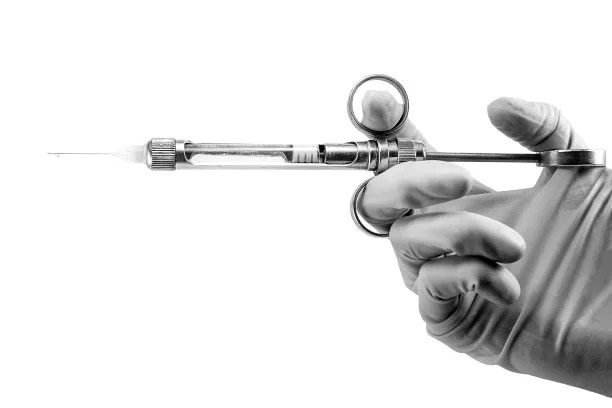Essential Safety Measures to Consider Before Undergoing Dental Filling Procedures for Optimal Oral Health and Comfort
Summary: Undergoing dental filling procedures is essential for maintaining optimal oral health and comfort. However, ensuring safety throughout the process is crucial. This article outlines four essential safety measures to consider before undergoing dental fillings: choosing a qualified dental professional, discussing anesthesia options, understanding material choices, and knowing post-treatment care essentials. Each aspect plays a pivotal role in ensuring a smooth process and minimizing complications. Whether you are experiencing decay or damage, following these guidelines will enhance your dental experience and promote better oral hygiene.
1. Choose a Qualified Dental Professional

One of the most crucial aspects of undergoing a dental filling procedure is ensuring that you have selected a qualified dental professional, such as a licensed dentist or an experienced dental hygienist. A professionals qualifications and experience can significantly affect the outcome of the filling. You should inquire about their training, certifications, and years of practice in restorative dentistry.
Additionally, it鈥檚 important to look at patient reviews and testimonials. Hearing about other patients experiences can provide insights into the dentist鈥檚 approach and skill level. Prospective patients should not hesitate to ask for references or even seek recommendations from family and friends.
Finally, consider the dental clinic鈥檚 environment and technology. A well-equipped and modern dental practice often indicates a commitment to quality care. Ensuring the clinic follows stringent safety protocols is another essential element that contributes to optimal oral health.
2. Discuss Anesthesia Options with Your Dentist
Understanding anesthesia options is key to your comfort during a dental filling procedure. Dentists typically offer local anesthesia to numb the affected area, but discussing your preferences and concerns beforehand can help tailor the experience to your needs. Some patients may have specific anxieties related to dental procedures, and openly communicating this can lead the dentist to consider alternative or additional sedation methods.
Patients should also discuss any previous experiences with anesthesia. Informing your dentist about allergies, sensitivities, or adverse reactions will enable them to choose the safest and most effective options. The right anesthesia helps to alleviate pain and anxiety, ensuring a more pleasant dental treatment experience.
Lastly, it is essential to ask about the duration of the anesthetic effects and what to expect after the treatment. Knowing when sensation will return can help you plan accordingly, especially concerning eating or drinking post-procedure.
3. Understand Filling Material Options
It is crucial to understand the different filling materials used in dental procedures. Common materials include amalgam, composite resin, porcelain, and glass ionomer. Each type of material has its pros and cons regarding durability, aesthetics, and cost. For example, composite resin is popular for its natural appearance, making it ideal for fillings in visible areas.
Discussing the available options with your dentist can help you choose the most suitable one based on your specific situation, including your decay鈥檚 location and the tooth鈥檚 function. Additionally, you should inquire about the longevity and maintenance of each material, as this can affect future dental care.
Moreover, dental advancements might introduce new materials or techniques. Stay open to any recommendations your dentist might suggest, as they may offer solutions that improve your overall dental outcome.
4. Know Post-Treatment Care Essentials
Post-treatment care is just as important as the procedure itself. Having a clear understanding of what to expect after receiving a dental filling can significantly improve recovery and prevent complications. Be sure to ask your dentist for specific instructions on oral hygiene, including when to resume regular brushing and flossing, and any special care recommended for the filled area.
Moreover, being aware of potential side effects, such as sensitivity or discomfort, is crucial. It鈥檚 important to ask your dentist when you should expect these sensations to subside and what over-the-counter remedies may be effective in alleviating pain.
Lastly, maintaining follow-up appointments for check-ups is essential. Regular dental visits allow your dentist to monitor the fillings integrity and your overall oral health, ensuring that any issues can be addressed promptly.
Summary:
In conclusion, considering essential safety measures before undergoing dental filling procedures is paramount to ensuring optimal oral health and comfort. By choosing a qualified professional, discussing anesthesia options, understanding filling materials, and adhering to post-treatment care, patients can significantly improve their experience and outcomes.
This article is compiled by Vickong Dental and the content is for reference only.



